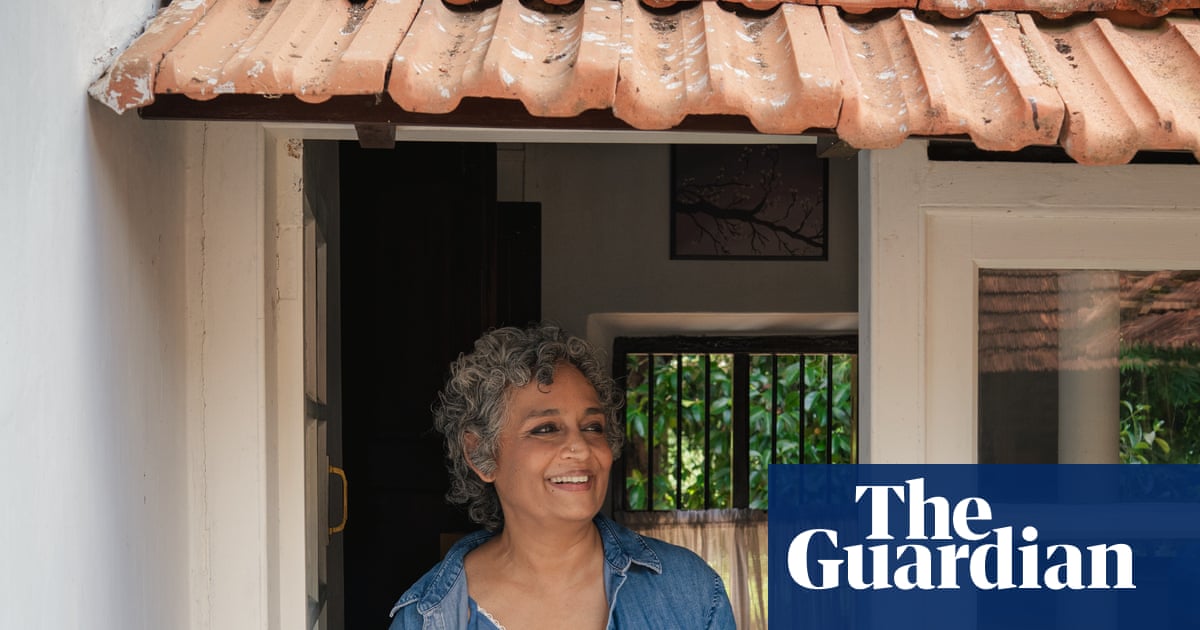
"A teacher was what my mother had always wanted to be, what she was qualified to be. During the years she was married and living with our father, who had a job as an assistant manager on a remote tea estate in Assam, the dream of pursuing a career of any kind atrophied and fell away. It was rekindled (as nightmare more than dream) when she realised that her husband, like many young men who worked on lonely tea estates, was hopelessly addicted to alcohol."
"When war broke out between India and China in October 1962, women and children were evacuated from border districts. We moved to Calcutta. Once we got there, my mother decided that she would not return to Assam. From Calcutta we travelled across the country, all the way south to Ootacamund Ooty a small hill station in the state of Tamil Nadu. My brother, LKC Lalith Kumar Christopher Roy was four and a half years old, and I was a month away from my third birthday."
"We did not see or hear from our father again until we were in our 20s. In Ooty we lived in one half of a holiday cottage that belonged to our maternal grandfather, who had retired as a senior government servant an Imperial Entomologist with the British government in Delhi. He and my grandmother were estranged. He had severed links with her and his children years ago."
Mother wanted to be a teacher and was qualified, but abandoned the ambition during marriage when the father, an assistant manager on a remote Assam tea estate, became addicted to alcohol. After the India-China war of October 1962 women and children were evacuated; the family moved to Calcutta and the mother refused to return to Assam. They traveled to Ootacamund (Ooty). The narrator was nearly three and the brother four and a half; the father stayed away until their twenties. In Ooty they occupied half of a holiday cottage owned by their maternal grandfather, a retired Imperial Entomologist. The cottage was dank and gloomy, divided from tenant Mrs Patmore by a plywood partition. The family paid no rent and lived as squatters.
Read at www.theguardian.com
Unable to calculate read time
Collection
[
|
...
]